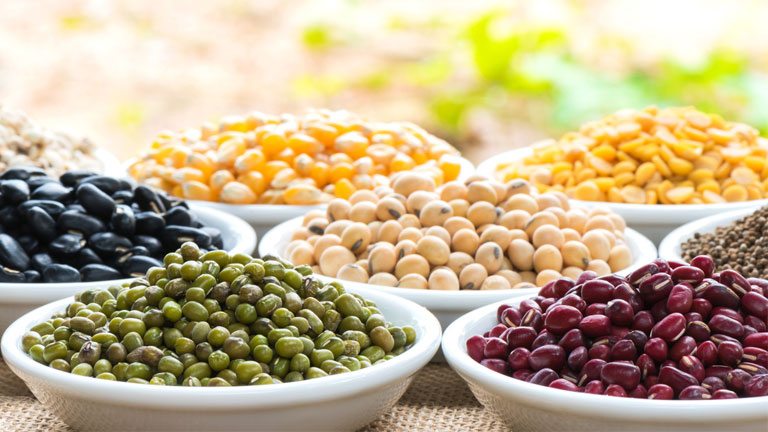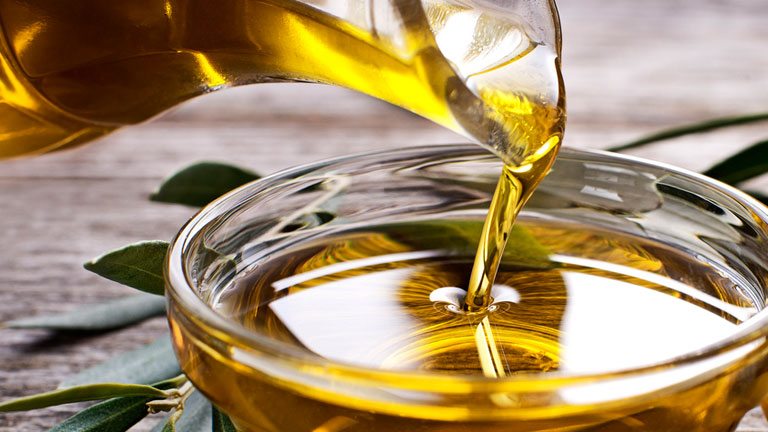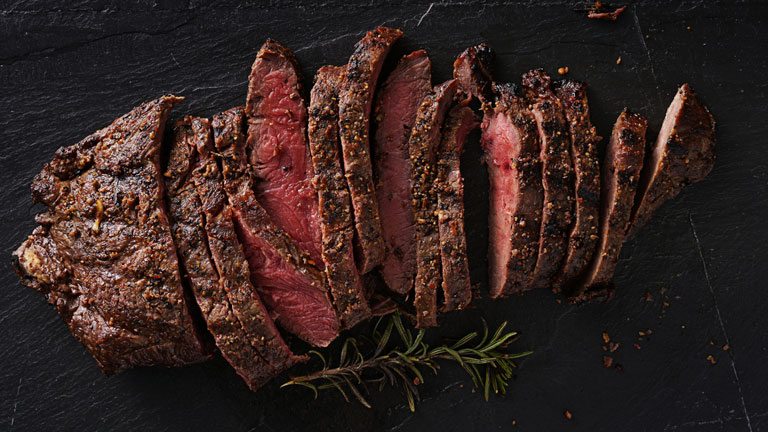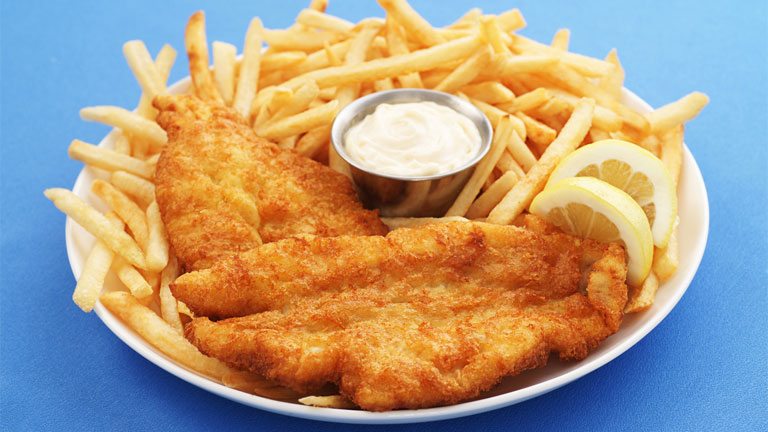Certain diet changes can help depression says nutritionist Rick Miller and they include eating more fat and meat…
Food can certainly affect your mood and that’s no more apparent with conditions such as depression which affects many different people across the UK of all different age groups. Food provides the fuel for your brain which requires neurotransmitters or chemical messengers and that tells our brain what to do, when and how to feel during the course of the day.
Recent research just released this year by bmc medicine knwon as ‘The SMILES trial’ has shown that a modified Mediterranean style diet can actually help to reduce the symptoms of depression in people with clinically diagnosed depressive symptoms. So what kind of things do you need to consider with a modified Mediterranean styled diet?
-
Eat a low refined carbohydrate diet
This means reducing all sources of added sugars and processed grains and swapping these for wholegrain sources of carbohydrates such as legumes, chickpeas, lentils, peas with a lot of starchy vegetables. This helps to balance out the blood sugar levels during the day. If you have stable blood sugar levels that means that it can stabilise your mood and prevent yourself going up and down in emotions throughout the day.
2. Dietary fat
The research has shown that you need to embrace dietary fat, in fact up to 40% of the participant’s diet was composed of fat. Choosing fats that are deemed to be healthy fats such as avocados, cold pressed seed oils that consist of extra virgin olive oil, flaxseed oil, oily fish such as salmon, mackerel, sardines, eggs as well and nuts and seeds all help to get in those essential fatty acids. Also all of your neurological tissue and tissues in the brain are mainly composed of fat and many of the neurotransmitters are based upon cholesterol, which is a type of fat derivative, so eating an embraced fat is essential to having a diet for an improved mood.
3. Animal sources of protein
Including animal sources of protein in your diet is important due to these particular sources being rich in zinc, iron and vitamin B12. Not only that but these forms of nutrients in the animal protein are best absorbed and they contain no anti-nutrients which are things that won’t stop these nutrients being absorbed through the gut.
If you choose not to eat any animal products or you follow a vegan diet then not to worry as you can take a high quality supplement that contains iron, zinc and vitamin B12. By doing so, this can make sure that you get all of these nutrients into your diet and not miss out on any brain function benefits. Try: Biocare Multivitamins & Minerals £11.95
Is there anything you need to avoid or reduce?
To help improve your mood research has shown that cutting down on processed foods such as overly refined breads or baked goods, reducing sugary treats, things like sweets or chocolates or even cutting down on fried foods and deep fried foods can really help with improving your diet and improving the symptoms of depression.
There is conflicting advice for alcohol as some people have said it can increase and some would say it can decrease symptoms. However, research has shown that 1-2 drinks a day of a good quality red or white wine is ok but anything above that is probably going to be detrimental to your mood and improving your symptoms.
Rick Miller is a consultant clinical and sports performance dietitian. He is also guest senior lecturer in Dietetics and Nutrition at various Universities including, Loughborough University, Hull-York Medical School and London Metropolitan University. Today Rick has undergone further training as a Functional Medicine practitioner and combines both integrative medicine and orthodox Dietetics to provide a comprehensive, holistic approach to his nutrition treatment. He is a council member in Functional Dietetics for the British Association for Applied Nutrition and Nutritional Therapy and supports the training of other UK Dietitians in the Functional Medicine method. Rick holds a specialist interest in orthopaedics and recovery from sports injuries, paralympic and disability sports and elite sports performance nutrition. As a senior lecturer, Rick also covers the full breadth of clinical conditions but specialises in digestive health and gastroenterology conditions, food allergy and intolerance, men’s health and women’s health and paediatrics. More information at Rick’s website. Follow Rick On Twitter
READ MORE
‘How I overcame depression without medication’
13 things NOT to say to a man who has depression
10 ways to improve mental health at work (yours and other people’s)
What it’s REALLY like to live with schizophrenia
Like this article? Sign up to our newsletter to get more articles like this delivered straight to your inbox.


























































